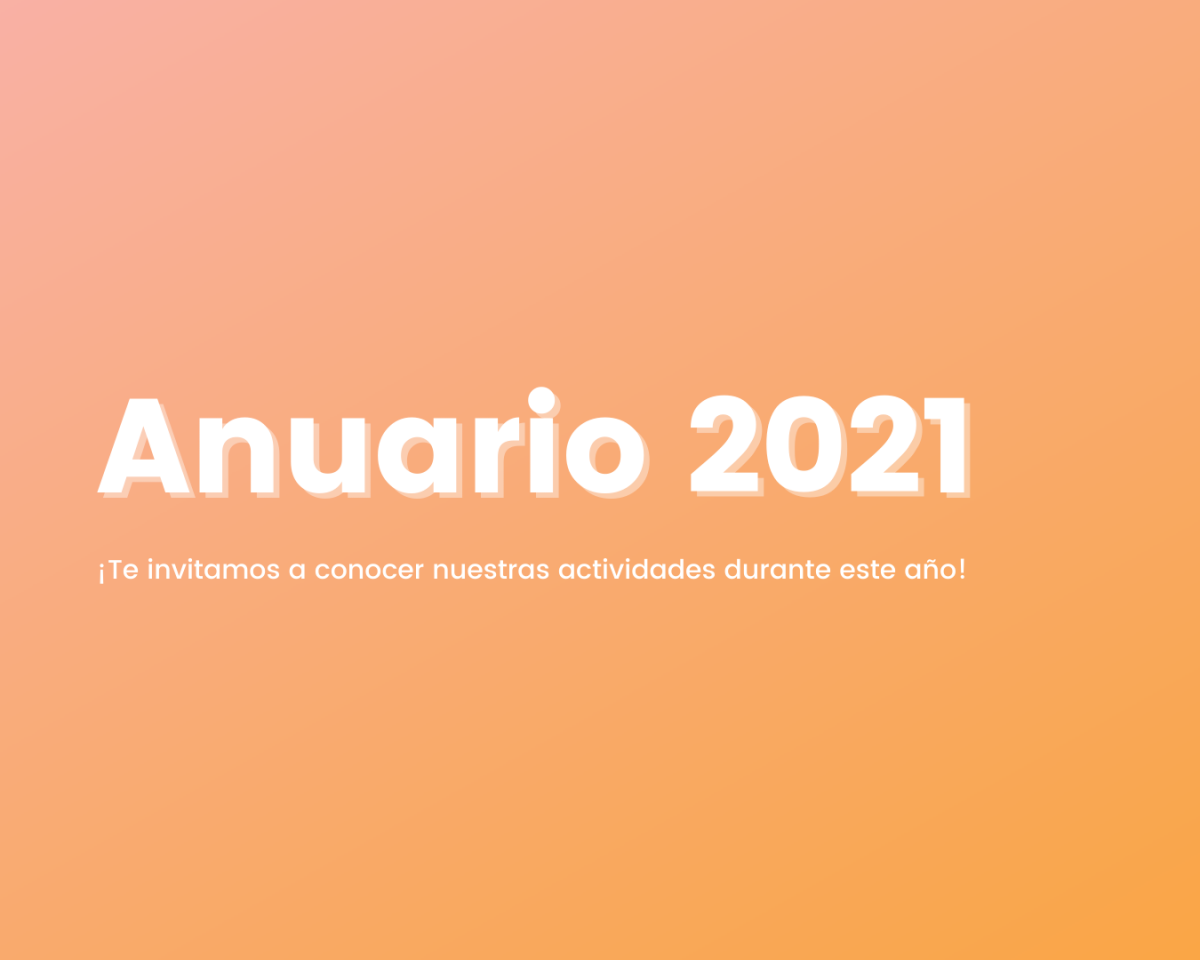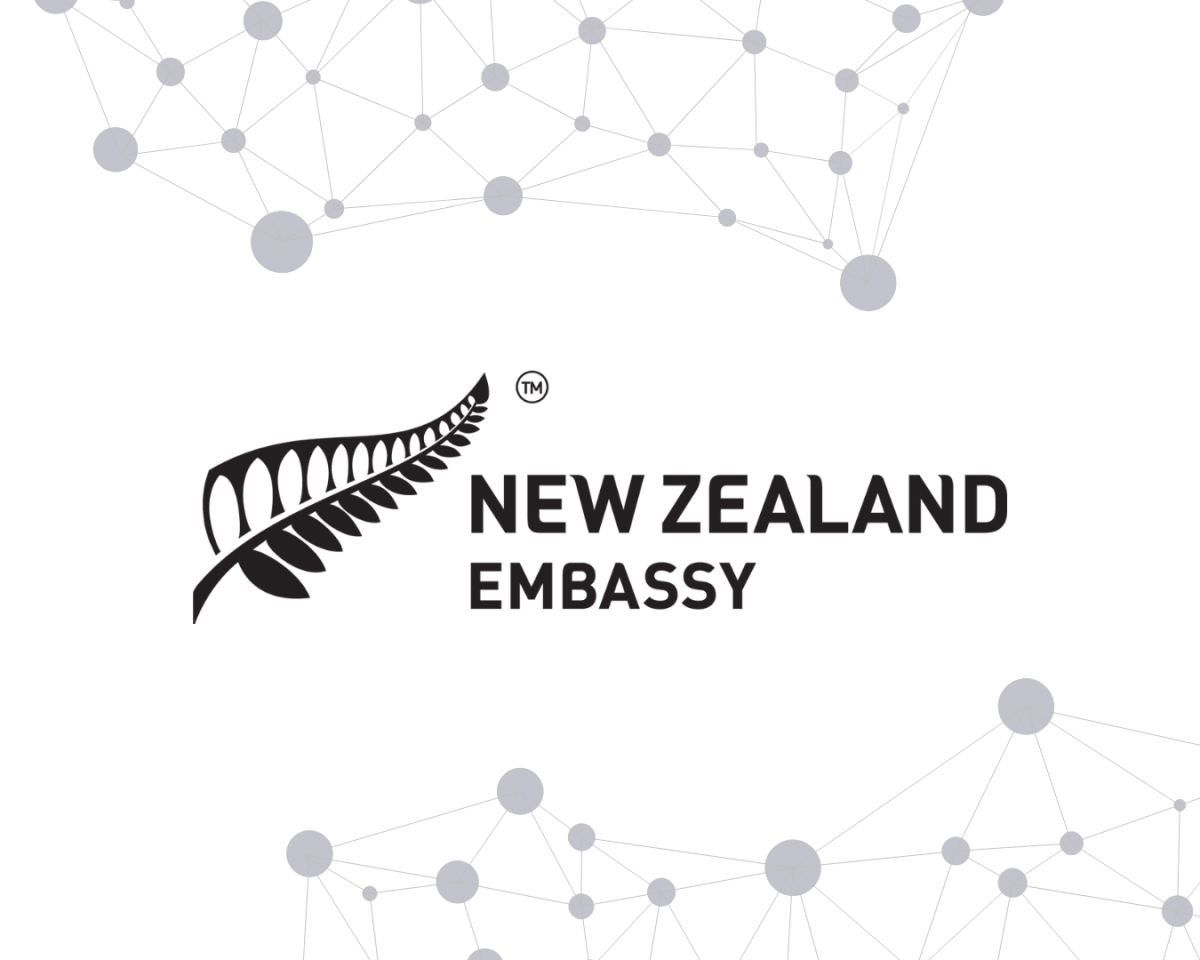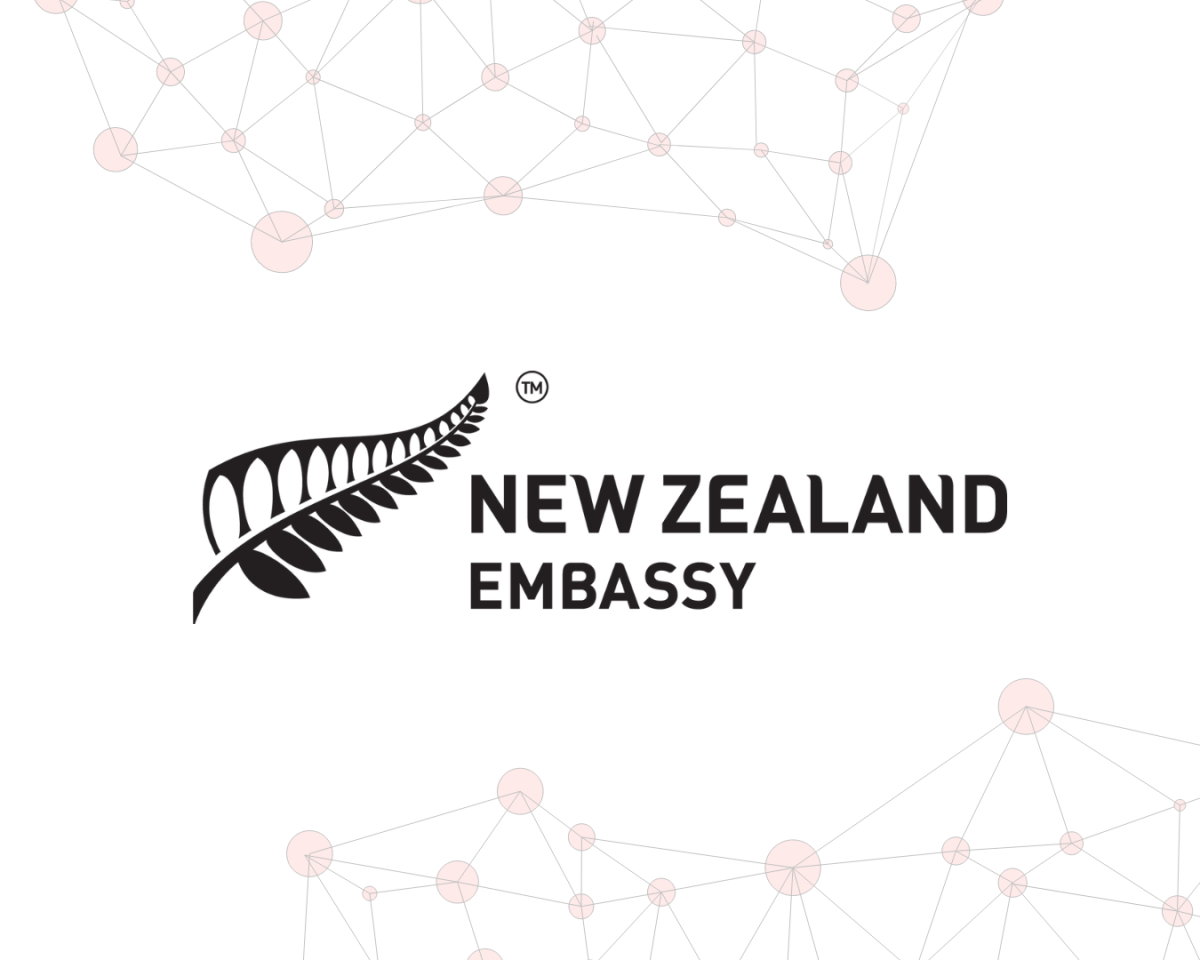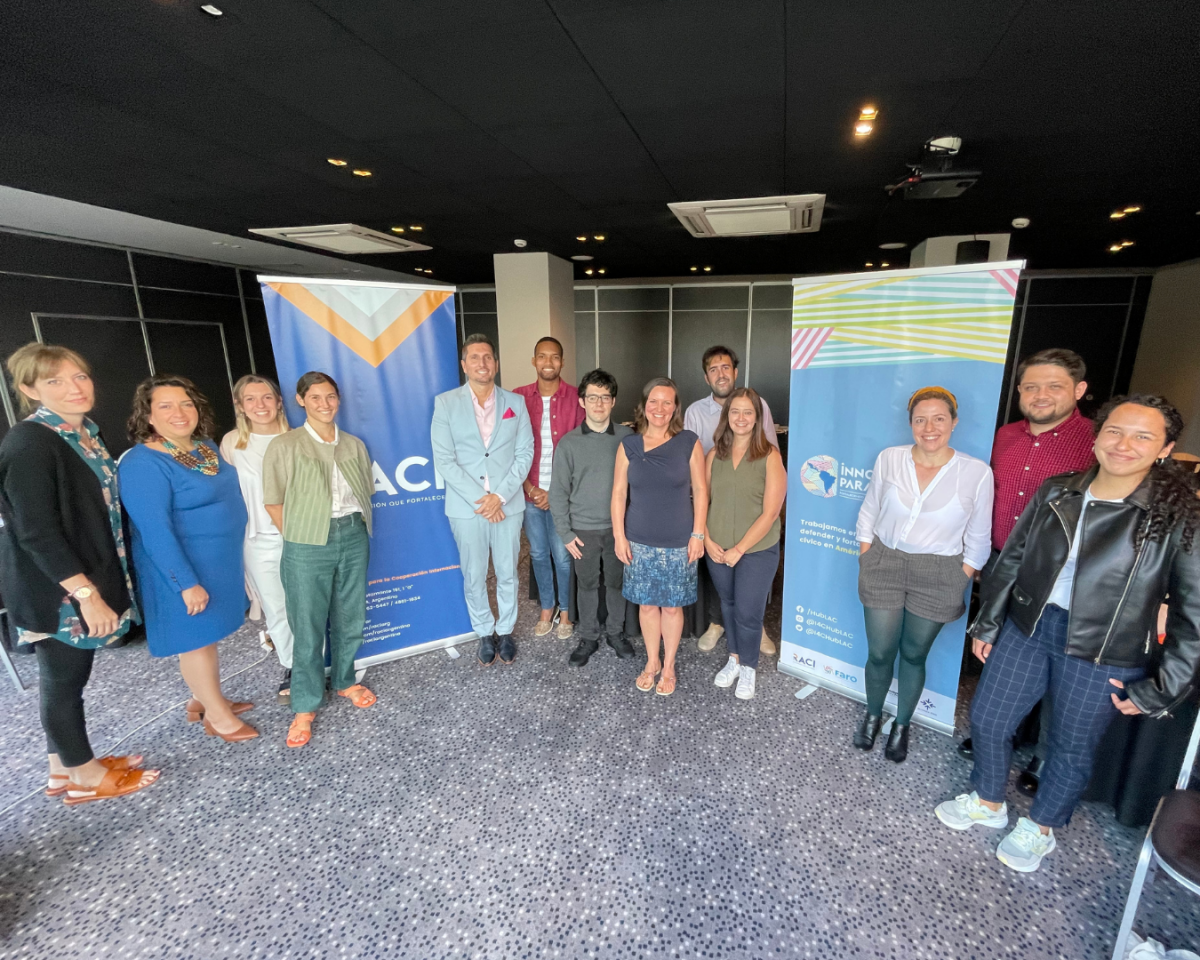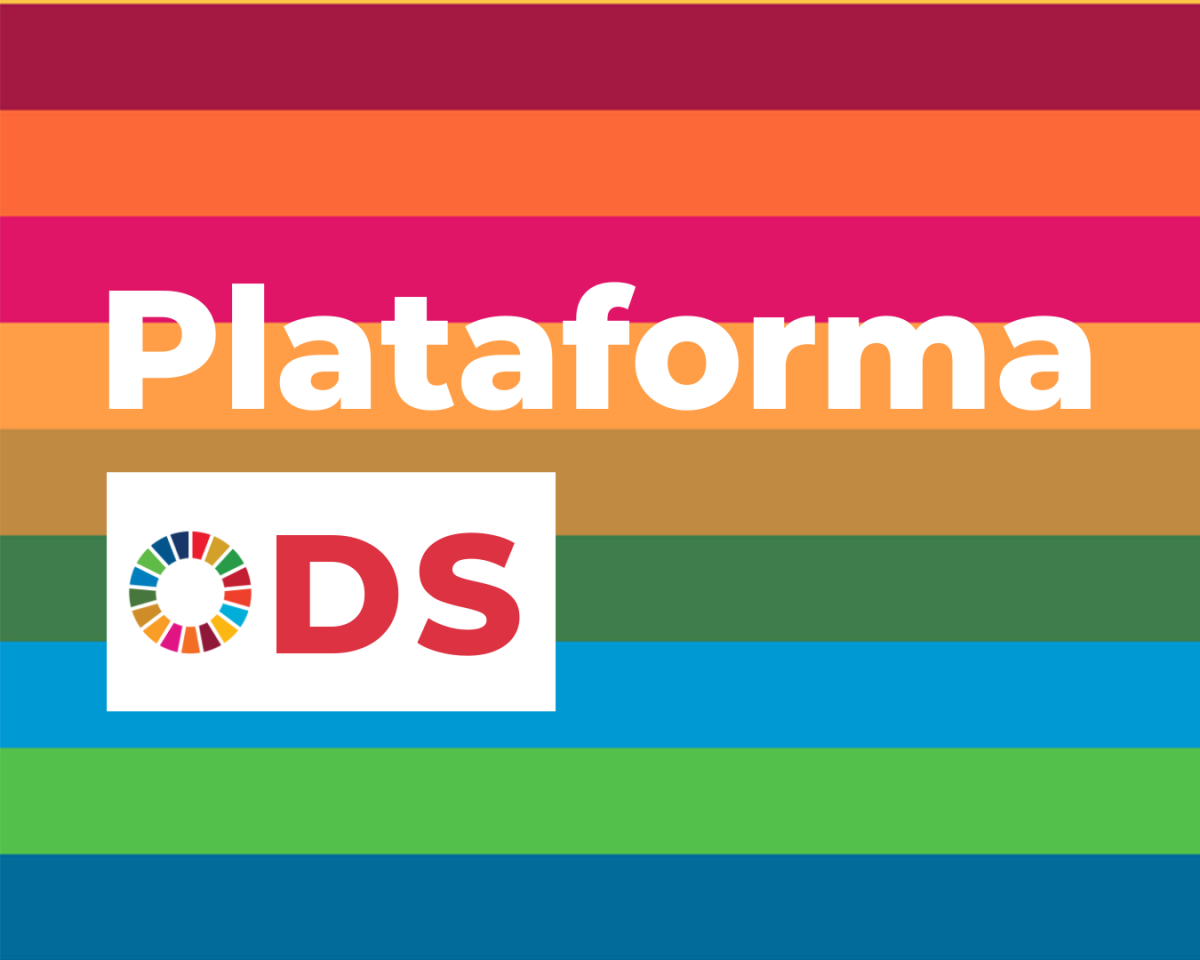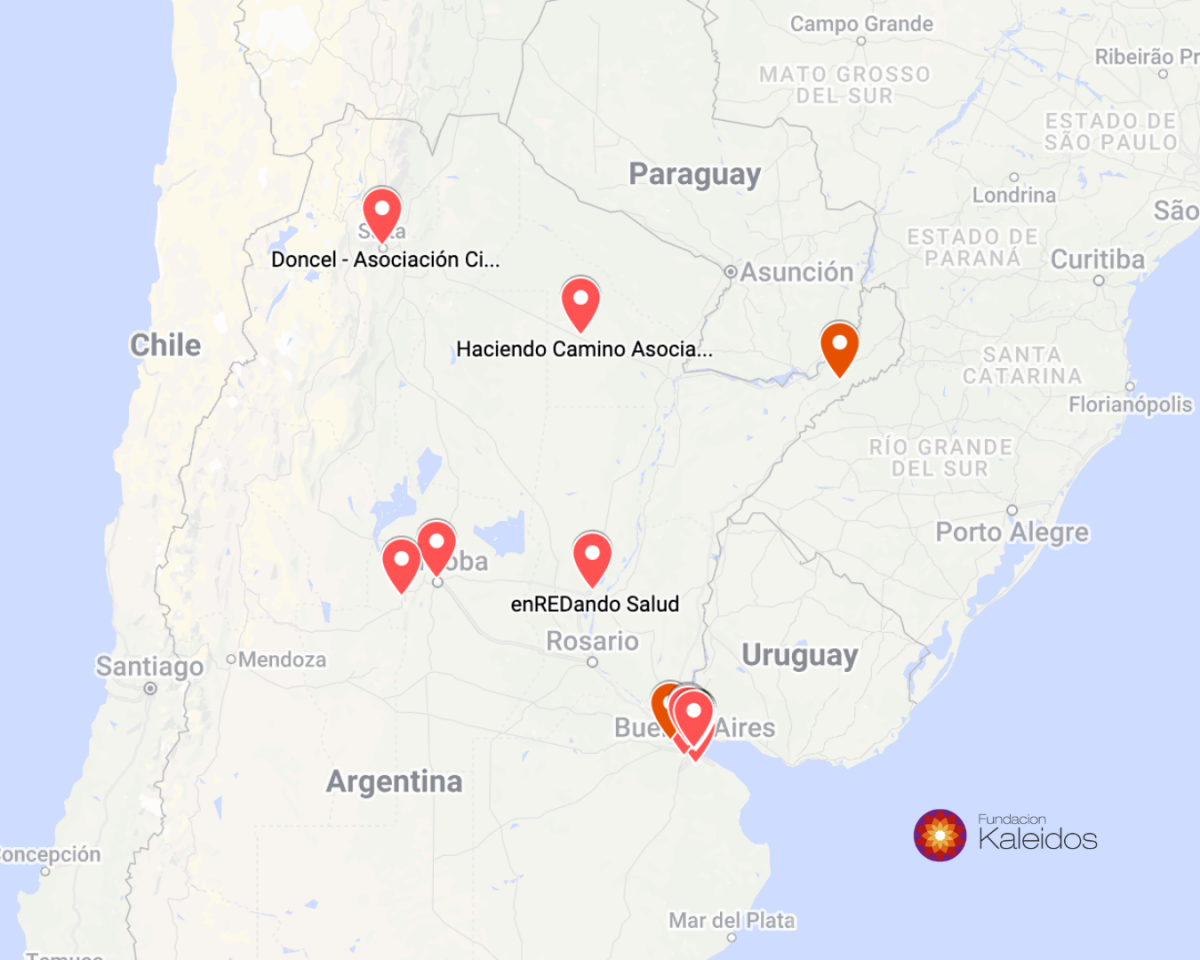Learn about the activities we carried out last year!
CONVENINGS
During 2021, work was done to enhance the actions and impact of Civil Society by building a culture of networking. RACI grew in its number of members, managed to incorporate 22 new CSOs, reaching 167 members of the Network. In addition, two new working groups were created: the Diversity Group and the Projects Group.
It is very important to highlight the new alliances established: RACI was selected as host of the AGNA coordination, a unique opportunity to continue deepening networking and the articulation of international networks. Other new alliances this year have been with GlobalGiving, with whom RACI has managed to become a permanent partner, and with CAF America, joining the CAF Global Alliance international network. Lastly, RACI was chosen to carry out the sub-coordination of the Regional Innovation Center for Change.
INSTITUTIONAL DEVELOPMENT
During 2021, in contribution to strengthening the organizational structure of the social sector, RACI promoted the mobilization of resources thanks to the launch of the 2021 Innovation Fund, in addition to the co-management of different funds, thus collaborating with the allocation of resources to Civil Society. Argentina, mobilizing a total of more than 375,000 US dollars.
Seminars and workshops focused on strengthening the capacities of CSOs were also held, in which Organizations from different countries in the region participated. In addition, internal training webinars and attendance at training seminars by the RACI team were organized.
ADVOCACY
RACI works to generate a suitable enabling space for Civil Society based on the articulation of different activities. Therefore, during 2021, 5 campaigns, 66 events and more than 700 meetings with different actors in society have been carried out. Among them, the participation in the spaces of the C20, the Reconstruction with a lasting character project, in the hands of CIVICUS, the Working Group on Financial Disclosures Related to Inequality, the Conversation on the status of the 2030 Agenda in Argentina and, together With Red Civil Society, RACI has worked on the Better Rules for Social Organizations campaign.
In addition, almost after two years marked by the Pandemic, the RACI team, together with other Social Organizations from Argentina and agents linked to sustainable development, attended the first face-to-face meeting between organizations and the new British Ambassador, Kirsty Hayes.
RESEARCH
In this aspect, RACI seeks to generate data, produce tools and disseminate relevant information for Civil Society and for this purpose, during this year it has carried out more than 1,400 surveys and has several publications in progress. The first, Regional Civic Perspective, which sought to study and better understand the Social Organizations of the region, and Visible Diversity, inviting reflection on the situation of diversity in the field of CSOs.
We invite you to read the full yearbook!

